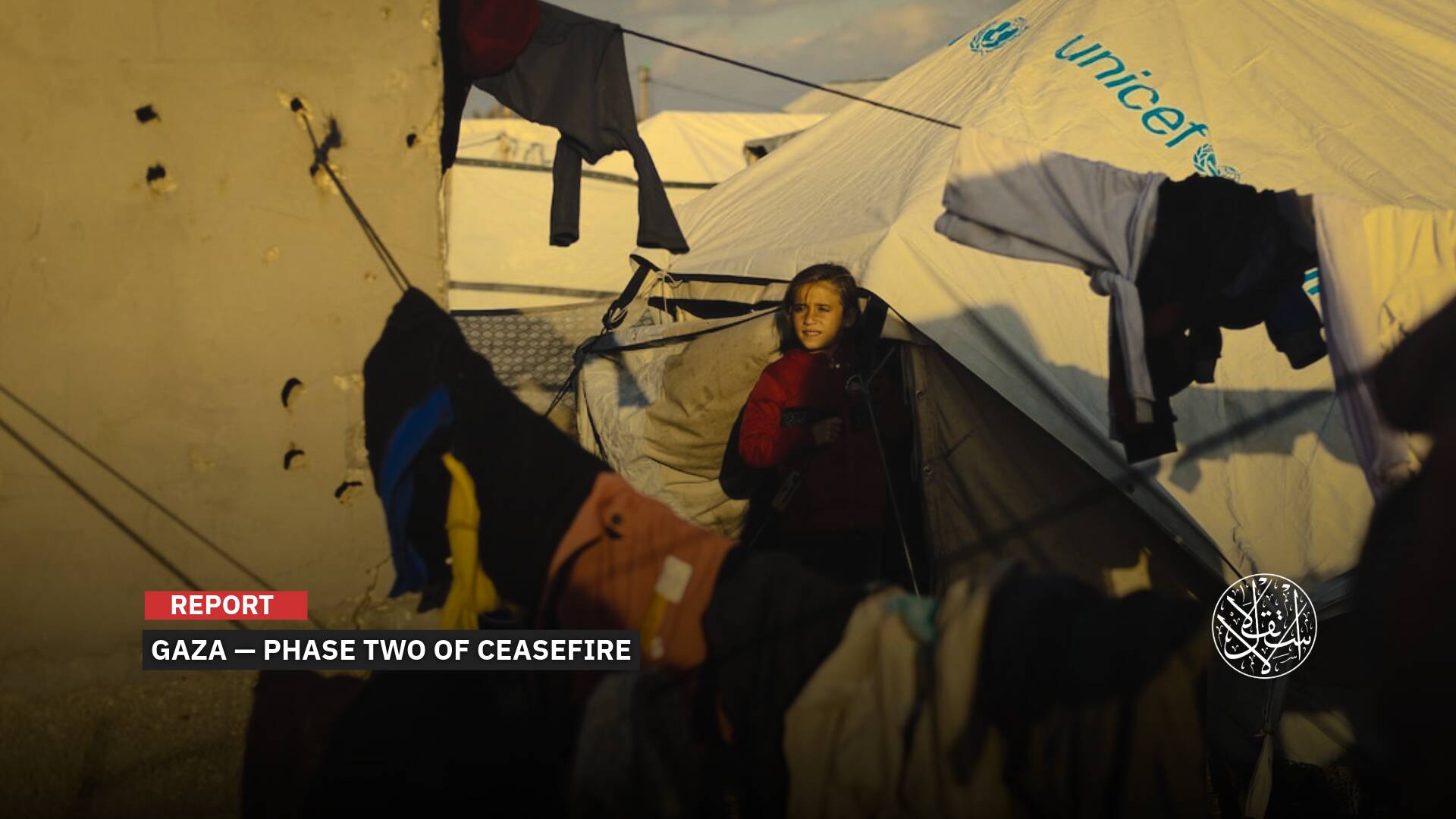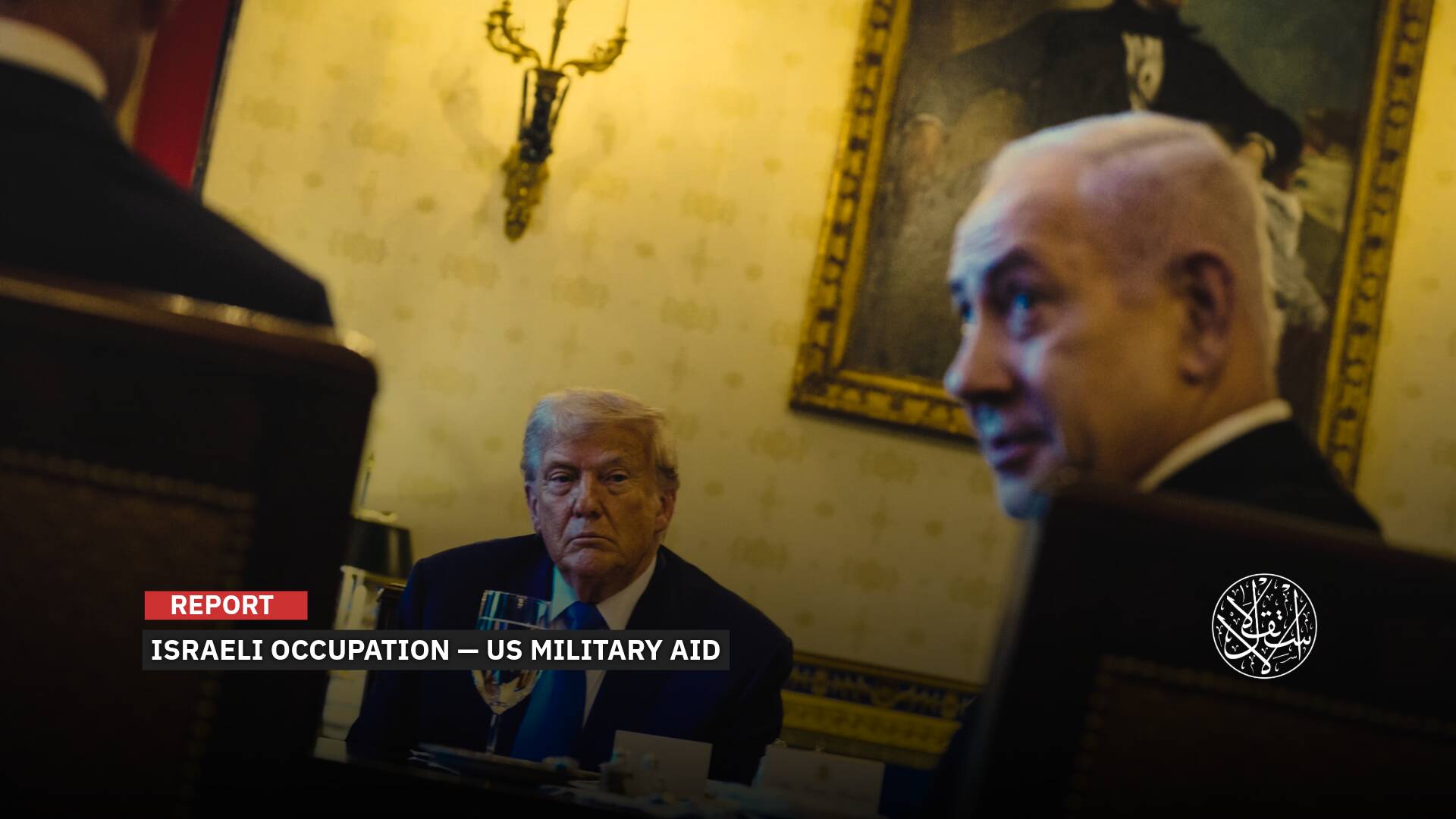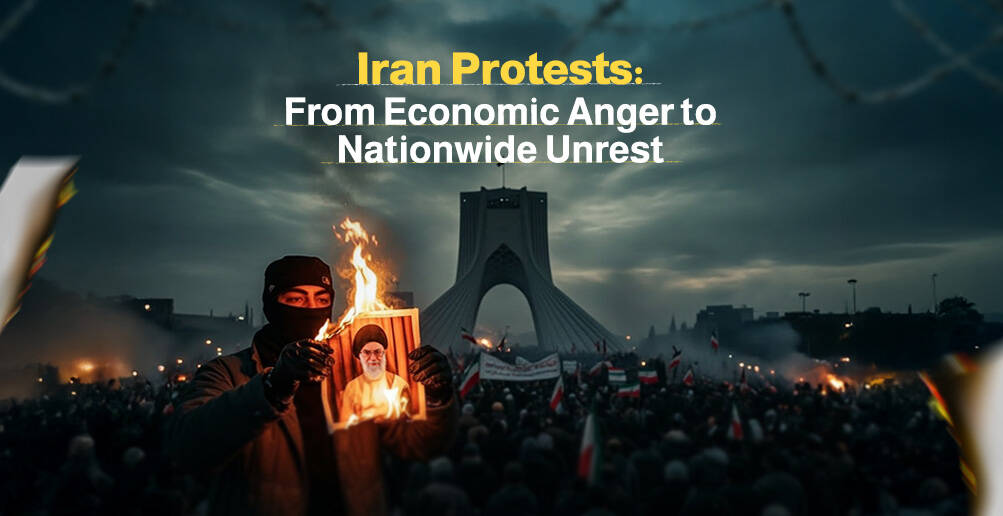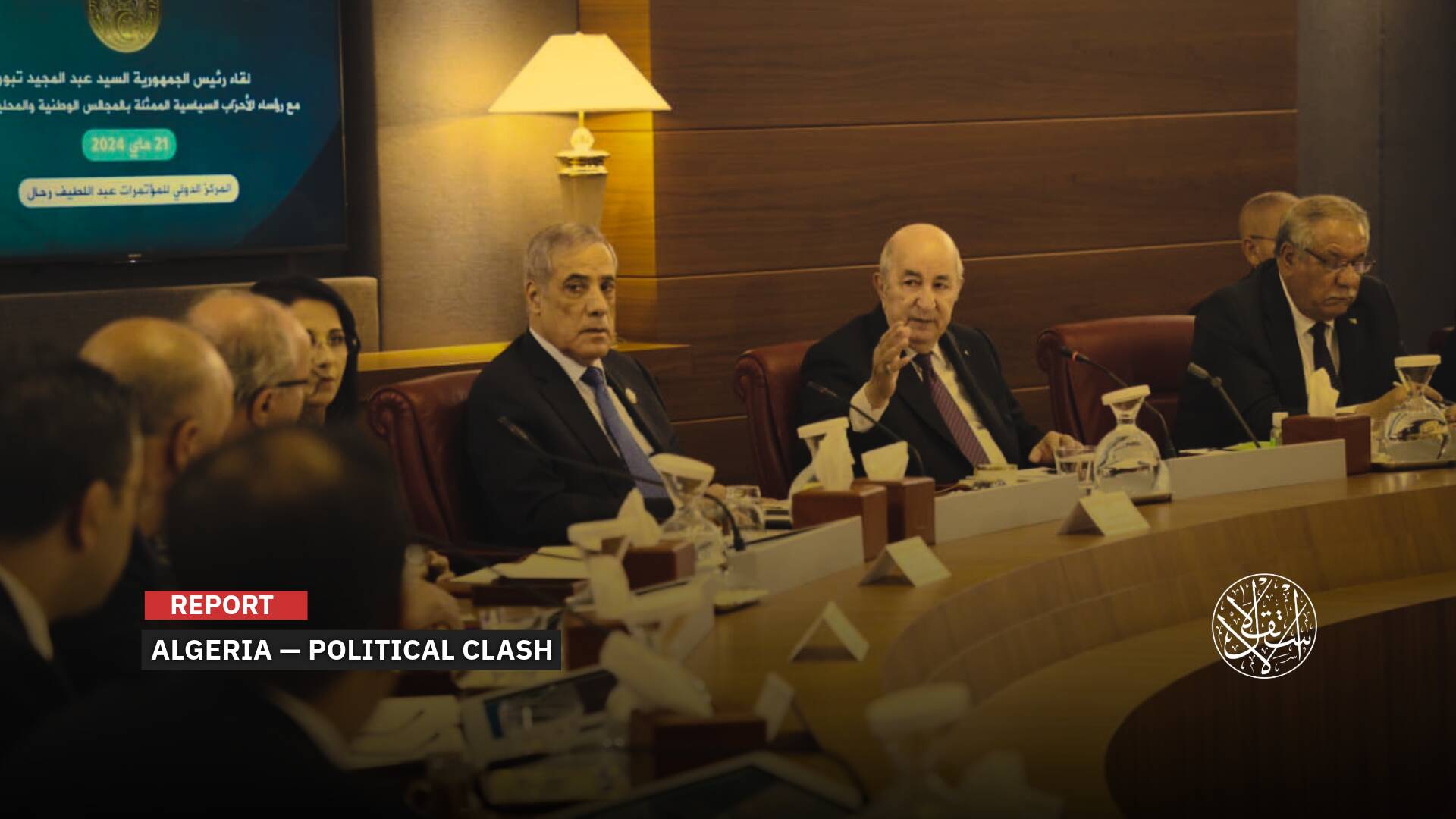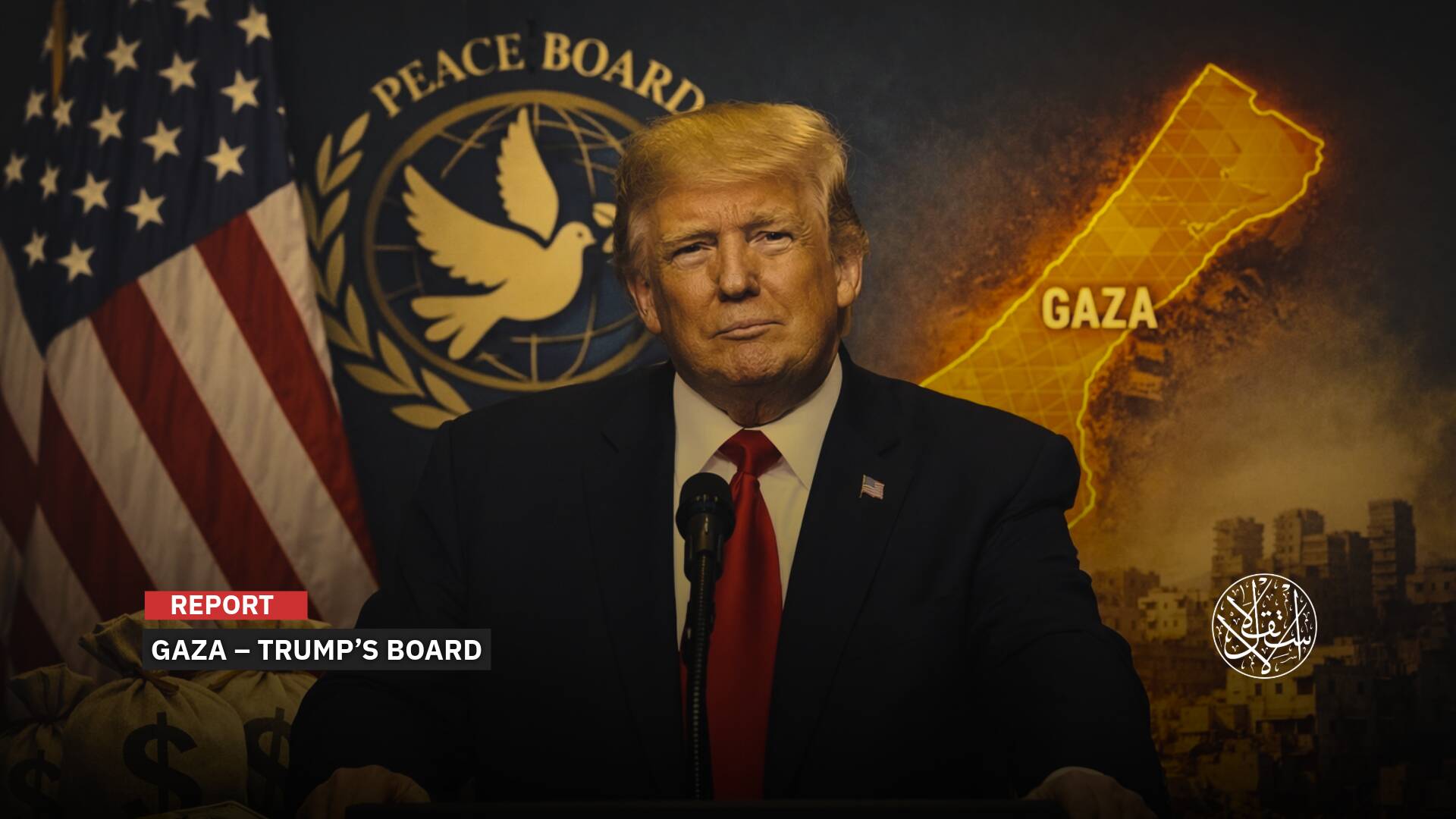Why Does the West Criticize the Ban on Homosexuality in the World Cup in Qatar 2022 and Previously Ignored It in Russia?

As it prepares to host the first FIFA World Cup to be held in an Arab and Islamic country, Qatar seeks to protect its religious and social heritage from LGBTQ campaigns or homosexuality, which is now widely promoted in the most popular and widespread game.
Lusail Stadium in the Qatari capital, Doha, is preparing for the opening match on November 21, 2022, the most expensive World Cup in history, at an estimated cost of $220 billion.
Qatar has worked from the first moments to imbue the tournament with the Arab identity, starting with the shape of the tournament logo and its text mark, as well as the tournament mascot.
On the other hand, Qatar is under pressure from the International Football Association FIFA and organizations supporting LGBTQ to facilitate the presence and acceptance of large segments of them who may come to attend the World Cup matches.
How will Qatar deal with this critical situation, the leadership, and the people? To what extent do visitors adhere to the conservative culture of the State of Qatar? How will Doha overcome this difficult challenge?
Emir's Commandments
With Qatar entering the final stage in preparation for the World Cup, its Emir Tamim bin Hamad Al Thani announced on May 20, 2022, that his country would welcome visitors from different countries of the world, and would not prevent anyone from coming to watch the World Cup.
However, he called on all arrivals to respect the culture and traditions of the Qatari people, in a joint press conference with German Chancellor Olaf Scholz.
During the previous months, Qatar was subjected to great criticism from European civil society organizations and players in solidarity with homosexuality due to Doha's laws rejecting it, in addition to the issue of alcoholic beverages in fan areas.
Among the most prominent who attacked Qatar were German player Toni Kroos, Dutch coach Louis van Gaal and English coach Gareth Southgate.
Australian player Josh Cavallo, who is considered a homosexual, had previously announced his fear for his safety during his participation in the World Cup in Qatar.
This prompted the CEO of the 2022 World Cup, Nasser al-Khater, to say: “Just as Qatar respects the customs and traditions of guests from different countries, we also believe that it is the duty of guests during the World Cup to respect our customs and traditions.”
Clear Rules
Since Qatar is one of the conservative Islamic and Arab countries, and the state draws its laws from Islamic law, the government does not recognize same-sex marriage or civil partnerships.
It also does not allow people in Qatar to carry out campaigns to demand and publicize all kinds and forms of homosexuality.
Article 296 of the current Penal Code (Law 11/2004), which was promulgated in 2004, stipulates a prison term of one to three years for homosexuality between men.
In 1995, a case that aroused public opinion at the time was witnessed when an American citizen who was on a visit to Qatar was sentenced to 6 months in prison and 420 lashes after he was accused of having homosexuality with a person of the same sex.
In 1990, the Qatari Ministry of Foreign Affairs informed the Philippine government that gay workers are strictly prohibited from entering Qatar with the intention of working there.
Then, the Qatari authorities launched a campaign of arrests against homosexuals, and deported many of them abroad, and prevented them from entering the country.
The situation remained as it was until Qatar won the right to organize the World Cup, during the draw that was held on December 02, 2010, beating the United States, South Korea, Japan, and Australia.
It became the first Arab and Islamic country to have this mission, but it ran into cultural changes that were not taken into account.

The Battle over Homosexuality
On May 13, 2022, FIFA issued a stern warning to Qatar that it would cancel World Cup contracts with any hotel or service provider that discriminates against homosexuals.
FIFA President Giovanni Infantino announced that everyone will see that everyone is welcome in Qatar, including the LGBTQ community.
On December 22, 2021, the head of the National Committee for Combating Terrorism, Qatari Major General Abdul-Fattah Abdullah Al-Ansari, stated that “LGBTQ flags would be confiscated from the masses in Qatar for security reasons.”
He said, “If I don't, this person could be attacked. I can't guarantee everyone's actions.”
At the time, Giovanni Infantino also objected and said that raising these flags in Qatari stadiums would be permitted, adding: “Qatari officials will respect the directions of the International Football Association.”
A number of Arab and Muslim football players support Qatar in its rejection of homosexuality and have expressed anger at FIFA’s actions.
At their head is the Egyptian football star Mohamed Aboutrika, who spoke on November 30, 2021, during an interview on the Qatari sports channels BeIN Sport, using a Qur’anic text: “Then We caused the earth to swallow up him and his house [Surah al-Qasas].”
“The phenomenon of homosexuality does not fit our belief and religion, and it is the largest punishment that occurred in history and mentioned in the Qur’an (The people of Prophet Lot),” Aboutrika stressed.
The Egyptian star called on all Arab and Muslim players to confront the campaigns supporting homosexuality before the start of the World Cup.

Important Paradoxes
Sports critic Mohammed Abbasi stressed that “Qatar faces special challenges in the issue of campaigns promoting homosexuality in the World Cup on its soil, which is the conservative Islamic Gulf state.”
In an interview with Al-Estiklal, Mr. Abbasi expected that “organizations would work to spread propaganda in support of LGBTQ community in the Arab world.”
He added, “Qatar is under pressure from global lobbies from the US, UK, and the Netherlands to accept and declare its tolerance and compatibility with homosexuality as if this is the price of the West's acceptance that Qatar hosts the 2022 World Cup.”
Mr. Abbasi indicated that “these countries show that the World Cup, with its events and details, is for homosexuals, in an unprecedented context for any tournament held before,” explaining that “it is ironic that Russia was not exposed to the crackdown that Qatar faced when it hosted the 2018 World Cup.”
“Despite Russia's rejection of homosexuality, and the presence of deterrent penalties against homosexuals and its promoters, whether through propaganda or action, it has not been compromised in this way,” he continued.
The sports critic stressed that “attempts to impose certain values on our conservative societies are part of the old plan of globalization. Football and sports should not be a justification for accepting behavioral and religious deviations.”
Mr. Abbasi added, “Imagine if this happened only 10 years ago, how it would be dealt with, which makes our outlook for the future frightening. We must take all our precautions to protect our identity and our religious and cultural beliefs.”
Sources
- The Emir of Qatar talks about respecting his country's culture during the 2022 World Cup [Arabic]
- After the investigation of the homosexuals in disguise, a stern warning from FIFA to Qatar's hotels [Arabic]
- Qatar hotels refuse to accept homosexuals at the World Cup [Arabic]
- World Cup 2022: How does Qatar deal with LGBTQQ concerns? [Arabic]
- Qatari official: Rainbow flags may be withdrawn to protect fans [Arabic]





